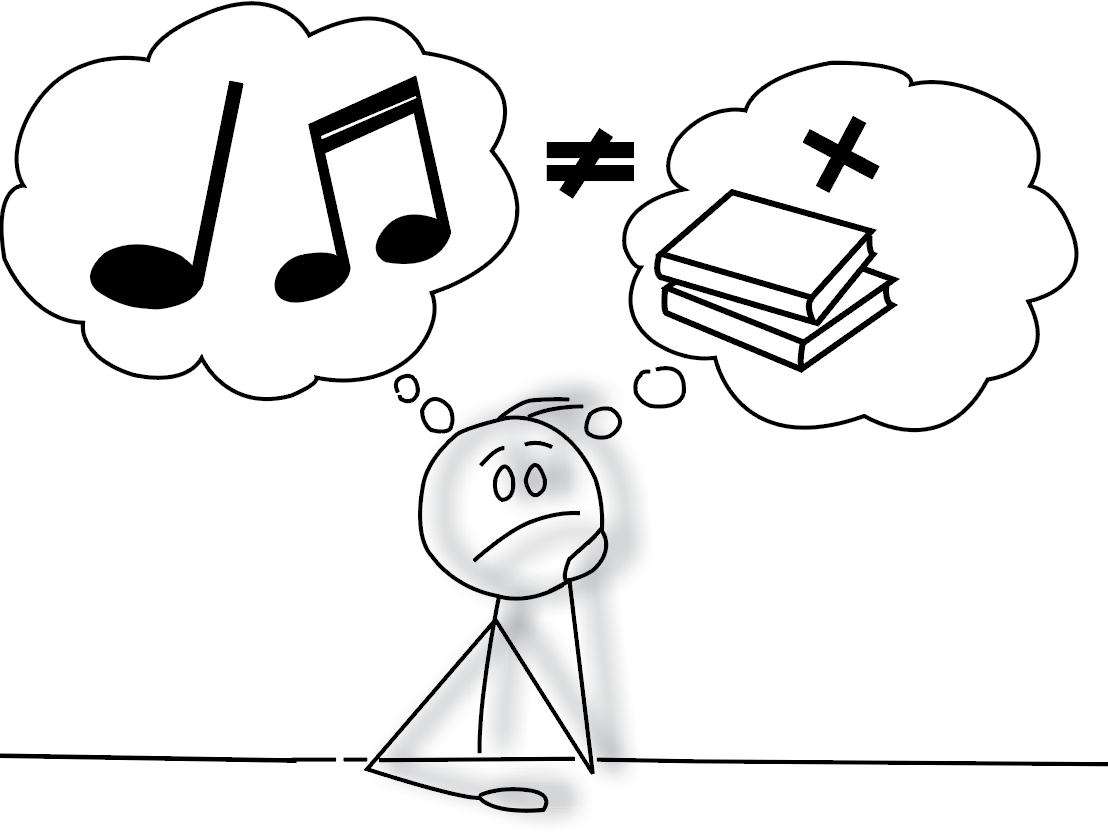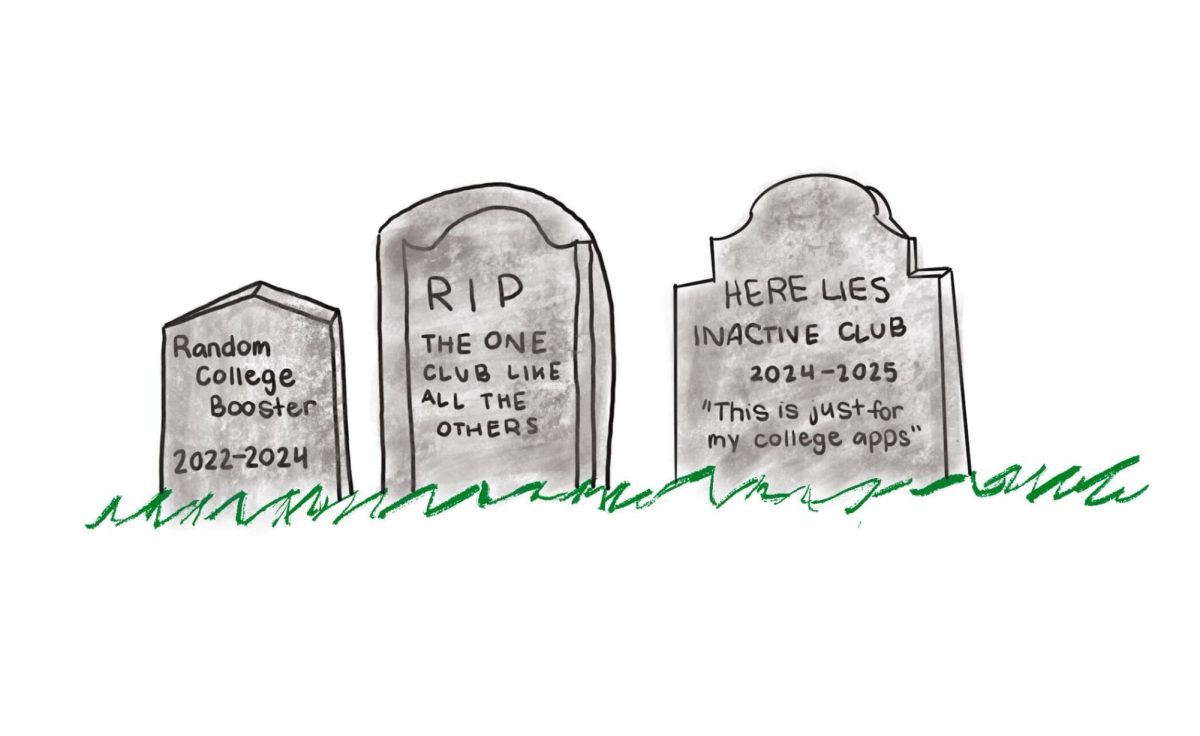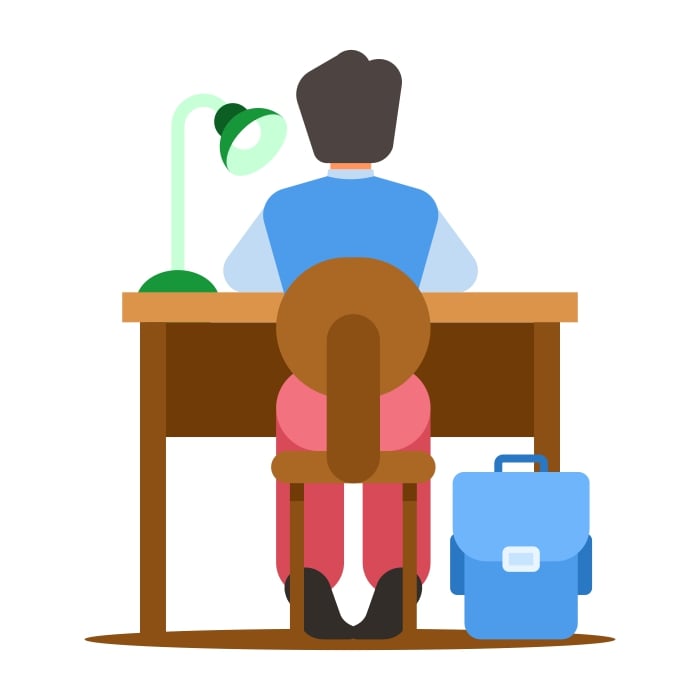With the evolving landscape of the digital world, reading for pleasure has decreased significantly as society shifts its focus to short-form content and superficial dopamine spikes. However, individuals must recognize the value of reading, as it introduces numerous skills that are beneficial in daily life.
According to a New York Times article on reading trends, a national study from University College London and the University of Florida found that the number of Americans who reported reading experienced a steep 40 percent decline from 2003-2023. The rise of social media platforms and easily accessible content has especially overshadowed the benefits of reading. Many would argue that it requires too much work and time, while others consider books boring. However, this decline introduces a new problem for the younger generation. According to an article from Australian Christian College that explores the effects of reading on students, daily reading of all kinds improves critical thinking, vocabulary and memory, all key components of a basic education. These abilities correlate directly with academic subjects such as English because students are required to analyze pieces of text and write detailed essays.
The wide range of book genres provides lessons that are applicable to daily life, such as the importance of perseverance in the face of hardships. When I was reading The Book Thief, a novel centered around a young German orphan sent to live with her foster parents, I was inspired by Liesel’s resilience and bravery. Her journey offered a glimpse into the beauty of human bonds and revealed a realistic insight into World War II’s effects on the local population. I learned that it is essential to embrace change and adapt to new circumstances in The Women by Kristin Hannah, a historical fiction book that details the journey of a Vietnam War nurse. The lessons within these novels that gradually build throughout the book cannot be replicated with the consumption of online content. Instead, the deeply human narratives and intricate work of literature fosters a sense of connection and understanding that extends beyond fiction.
Besides, dedicating time and concentration when reading a book actively engages the brain, according to a published article by Harvard Medical School on how neural pathways and brain regions contribute to reading, and offers feelings of satisfaction. For instance, whenever I finish a long book, I feel proud of myself and my efforts to finish over a prolonged period of time. As a result, I feel motivated to explore new books without falling into a reading slump. However, when doomscrolling on TikTok, I feel mindlessly attracted to watching the next short-form content. After scrolling for hours, I feel sluggish and more down compared to how I feel after reading.
Reading also offers the opportunity to build and create relationships with others who share the same hobby. Sharing your thoughts and opinions with fellow readers who have read the same books contribute to a sense of deeper connection and the establishment of new friendships.
Likewise, the national study from the New York Times article also reported that the number of readers dropped to 16 percent in 2023 from a peak of 28 percent in 2004. This alarming decline contributed to the younger generation’s deteriorating literacy skills. According to the recently released scores of the National Assessment of Education Progress (NAEP), the reading assessment taken by seniors in 2024 showed the lowest score since the establishment of the assessment in 1992. Therefore, reading is important because it provides the opportunity to learn more about yourself, as it requires you to focus and comprehend information without distractions. Engaging meaningfully with the book, such as thorough analysis or reflection, could also improve reasoning skills and memory.
While reading leads to many intellectual benefits, it can also be beneficial to mental health due to the lack of social expectations that encourage individuals to truly indulge in content without constantly comparing themselves to others online. For instance, I feel more relaxed and in tune with my emotions after indulging in a book since it doesn’t require extreme effort. Individuals can also experience various emotions and scenarios through books, igniting their imagination and exposing them to new concepts. For example, reading reduces stress and anxiety by offering an escape from the real world. I particularly enjoy reading fantasy books because I can relate to the characters and draw inspiration from the creativity within those novels. I can then incorporate this newfound motivation into my own writing.
Overall, reading has many positive effects that are useful in an academic and professional setting. The hobby presents introspective ways of thinking that are becoming less common in society and enhances health in multiple areas. With the growing popularity of technological advancements and online platforms, actively engaging with content and reading is more important than ever.








